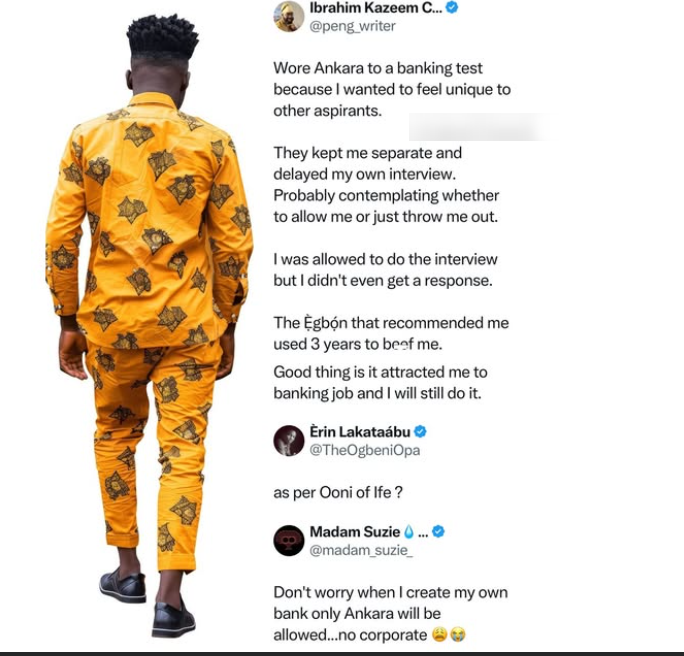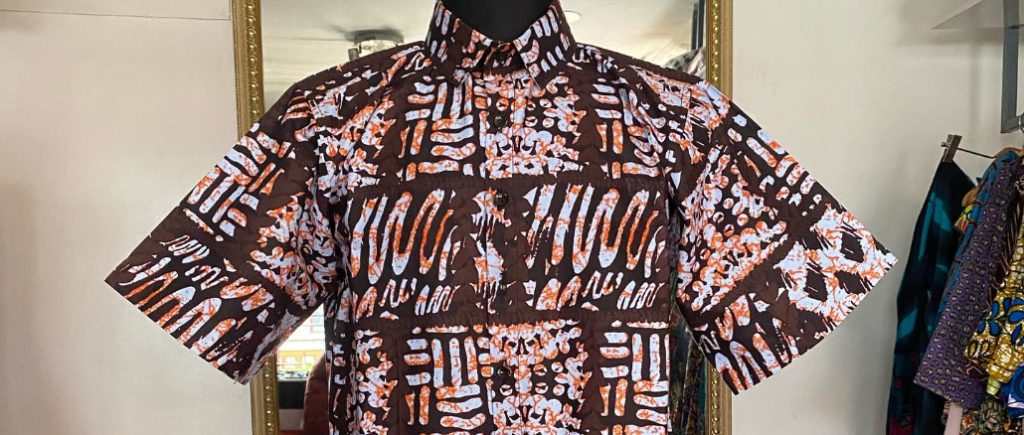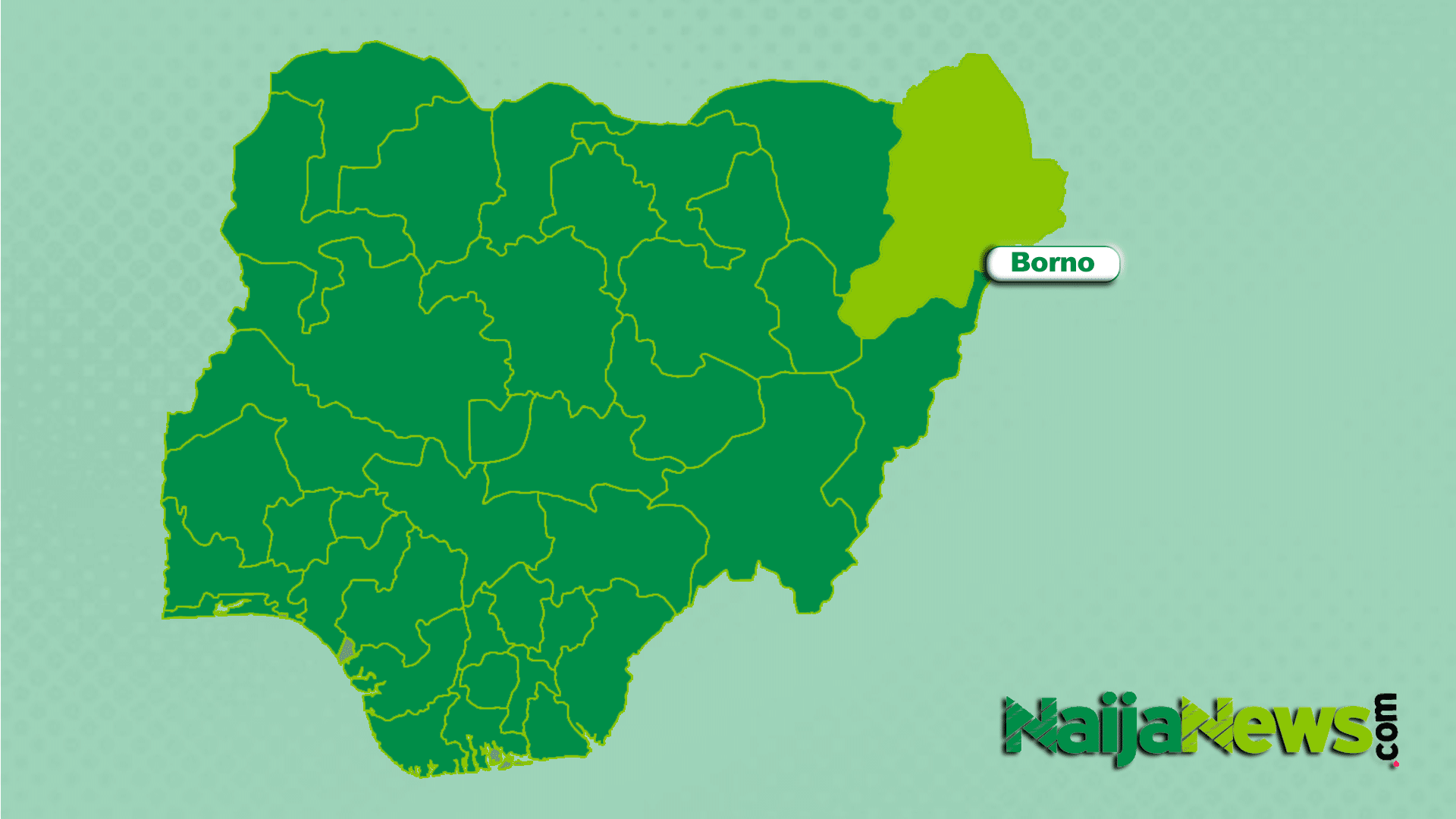In urban centres across Nigeria, the quest for meaningful employment often demands more than academic credentials. Choices as simple as attire can unexpectedly shape the outcome. This reality recently took centre stage when Ibrahim Kazeem, a young Nigerian job seeker, shared his eye-opening encounter at a bank recruitment test after boldly dressing in an Ankara outfit—a vivid print far removed from the familiar suits and ties of Nigeria’s corporate sector.
For many young professionals, the pressure to conform to Western-styled corporate dress codes is enduring and sometimes stifling. But Kazeem’s story—echoed across social media platforms—reminds us just how visible individuality can quickly become a topic of conversation, debate, and even misunderstanding within professional settings. His intention was straightforward: he wanted to make an impression, set himself apart, and challenge expectations at a screening session that often feels as rigid and predictable as the monthly traffic jams on Ikorodu Road.
As Kazeem entered the interview venue, the usual hush of anticipation among candidates gave way to murmurs and curious glances. While most applicants blended into a monochrome sea of blazers and ties—some sweating under the Lagos sun—Kazeem’s Ankara prints blazed with a confidence that was impossible to ignore. Instead of swift access to the test room, he found himself singled out by the officials. He waited on the sidelines as interviewers debated how to respond to his unexpected boldness. Did he breach protocol? Was he unprepared? Or was this simply a fresh take on Nigerian professionalism?
Eventually, after a prolonged wait filled with uncertainty, he was invited in. According to Kazeem, the panel’s demeanor lingered on the side of hesitancy; they seemed uncertain whether to embrace this unique presence or disqualify it outright. For Kazeem, the experience was both puzzling and instructive. In the end, he completed the interview but, as he noted, not a single follow-up or acknowledgment trickled in afterward. Those who had put him forward for the opportunity—friends and mentors often referred to locally as “Egbon”—shared in his disappointment, but also urged him to see the lesson in the journey.
Instead of losing heart, Kazeem chose to reflect on the incident as a catalyst for his ambitions in the finance sector. “Honestly, it only made me more determined to see what doors I can open in banking,” he later explained to friends. “If anything, it showed me that banking in Nigeria is evolving and maybe, just maybe, there’s a place for authentic self-expression even here.”
Unsurprisingly, his account quickly captured the pulse of Nigerian social media, stimulating lively conversation and humour online. On Twitter and popular Nigerian forums, observers seized on the juxtaposition of tradition and modernity: some cracked jokes about Kazeem arriving like an Oba ready to preside over a palace meeting, while others argued that African prints in the workplace should be celebrated, not seen as oddities. “Baba enter bank interview like ‘Egba high chief’,” one commenter quipped. Another mused, “Don’t worry—when my own bank start up, na Ankara go be the dress code. No need for corporate wahala.” Such remarks echo a wider conversation about whether Nigeria’s evolving workplaces can embrace individuality while still maintaining standards of professionalism.
Kazeem’s story isn’t merely a viral moment; it highlights deeper currents running through Nigerian—and broader African—corporate culture. While traditional prints and bold designs are celebrated at weddings, festivals, and Friday office days, the Monday-to-Thursday corporate world usually demands conformity. As multinationals expand across West Africa and local firms seek to brand themselves with a global edge, questions persist: Is the commitment to international corporate norms inadvertently stifling authenticity? Or is there room for balance, where personal identity and professional decorum can coexist?
Across Accra, Lagos, and Abidjan, similar debates are underway. Many young Ghanaians now blend kente with Western office wear, and tech start-ups in Nairobi or Yaba promote “no tie” or even flamboyant Friday dress codes. Yet, as seasoned bankers and HR analysts in Lagos point out, change is gradual. It takes both daring individuals and forward-thinking organisations to set new precedents. A manager at a major Nigerian commercial bank commented anonymously, “Professional appearance is important, but emotional intelligence is equally key. Companies that attract innovative minds know that sometimes, the best ideas come from those unafraid to stand out.”
Of course, not all online responses have been positive, with some arguing that dressing formally is a sign of respect for both the profession and the opportunity. “No matter how beautiful your Ankara, it can’t speak for you more than your performance and the way you present yourself,’’ noted a LinkedIn user from Ibadan. Still, the conversation has sparked a subtle but significant re-examination of values among younger jobseekers and HR leaders alike.
These stories resonate not just in Nigeria but across Africa and the diaspora, where tradition and modernity frequently meet—and sometimes clash—in the workplace. In an age of “authenticity” buzzwords and culture-inspired fashion runways from Paris to Johannesburg, Kazeem’s experience raises the timely question: How can Africans working locally or abroad balance celebration of cultural roots with the universal expectations of professionalism? For many Nigerians and Ghanaians, it’s a conversation long overdue.
As the story continues to trend, it offers lessons not only for job applicants, but also for employers, policy makers, and style-conscious professionals everywhere. Will the next generation of bankers, lawyers, and engineers walk into offices in vibrant prints as a matter of right—not risk? Or will the classic suit and tie remain the uniform of upward mobility for decades to come?
We’d love to hear your thoughts. Should traditional textures and bold self-expression be more welcome in Nigerian and African workplaces? Have you ever had an experience where your choice of attire shaped an interview or first impression? Share your story in the comments—or email your thoughts and experiences for a chance to feature in our next profile.

To submit your viral stories, opinions, or career journeys, reach us at story@nowahalazone.com. For general support, use support@nowahalazone.com. Do you have food-related inquiries or recipes to share? Email food@nowahalazone.com.









